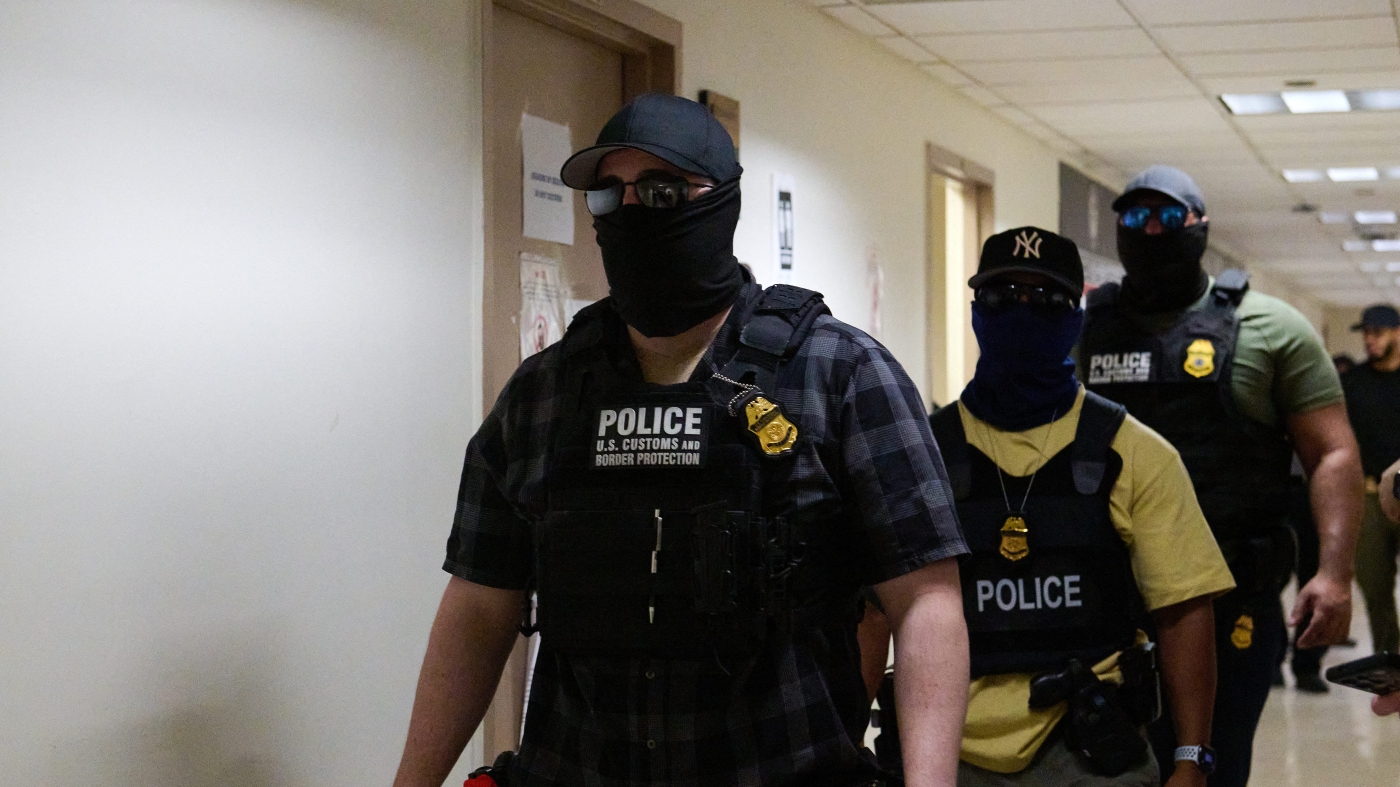Since President Trump’s return to office, we’ve seen a lot of images showing masked federal agents making immigration arrests. This has left many Americans feeling unsettled. While the Department of Homeland Security supports the right of agents to wear masks, some Democrats want to ban this practice.
In Congress, several bills are on the table, including the No Secret Police Act. This legislation aims to stop federal agents from wearing “home-made, non-tactical masks.” But with Republicans in charge, it’s unlikely to pass.
Some states are taking action, however. In California, lawmakers are considering a bill that would restrict all law enforcement from wearing masks unless there’s a clear need, like for health reasons or undercover work. Similar ideas are popping up in other Democratic-majority states. For example, in New York, there’s support for the Mandating End of Lawless Tactics Act, which seeks to ban ICE agents from using masks.
Assemblyman Tony Simone, a key supporter of the New York bill, emphasizes that when police hide their faces, it undermines democracy. He’s heard concerns from constituents who feel this isn’t how a democratic society should operate.
But there’s a legal gray area. While states typically can’t regulate federal law enforcement, experts like Erwin Chemerinsky, a law professor at UC Berkeley, suggest that if federal agents act unreasonably, a state might be able to prosecute them. The key question is whether a mask ban interferes with a federal agent’s ability to do their job.
Jim Dudley, a former San Francisco Police Department commander, believes most officers don’t need to hide their faces. “Ninety percent of the time, it won’t be an issue,” he says. He acknowledges, though, that there are new threats like doxing—where private information is shared online—which complicate the situation for police.
The Peace Officers Research Association of California (PORAC), the state’s largest police organization, opposes the legislation. Brian Marvel, its president, argues that local police shouldn’t be targeted due to federal actions. He also warns that the bill could ban essential protective gear used in dangerous situations.
ICE has largely stayed silent on the issue, though agency leaders defend the use of masks, citing increased threats against their workers. Reports indicate that assaults on ICE personnel have spiked a staggering 830% this year. However, it’s important to note that no solid data linking these attacks to doxing has been shared.
This evolving debate continues to raise significant questions about law enforcement, democracy, and public safety. How it unfolds may set critical precedents for the rights and actions of police and federal agents in the future.
Source link






















